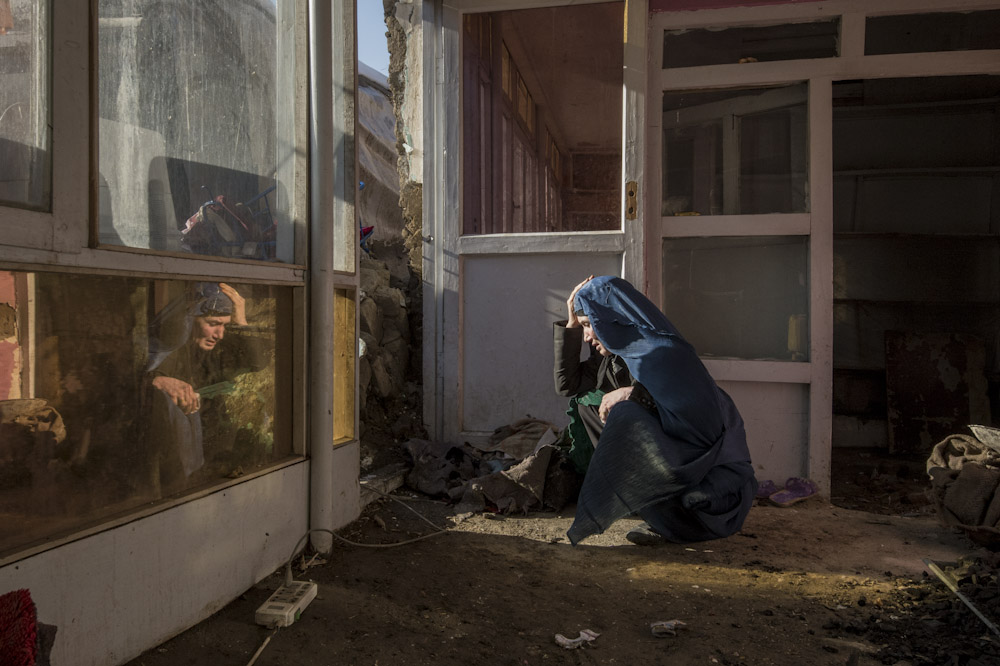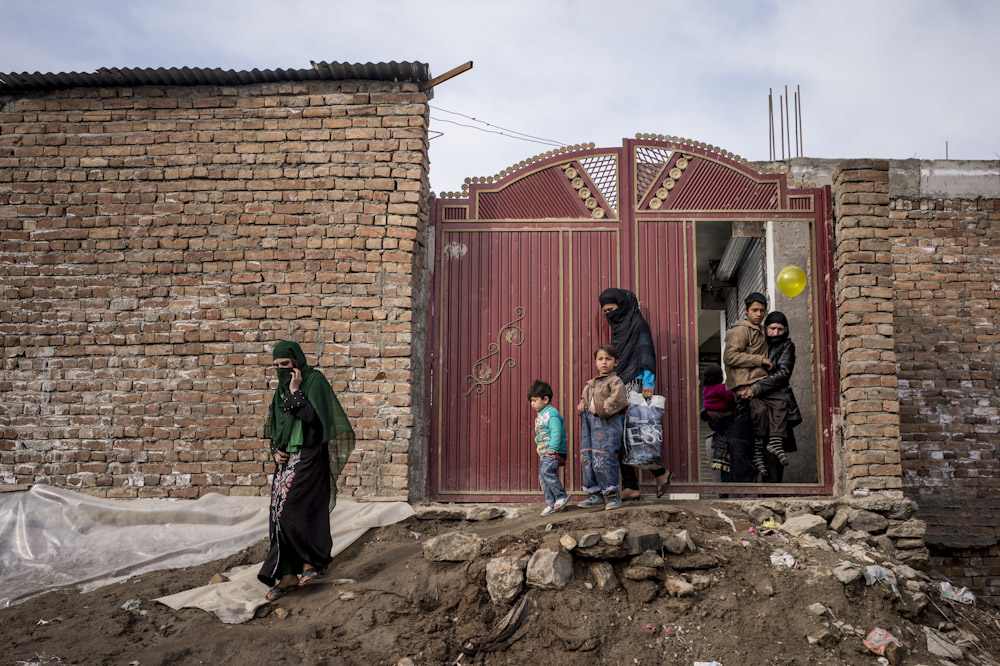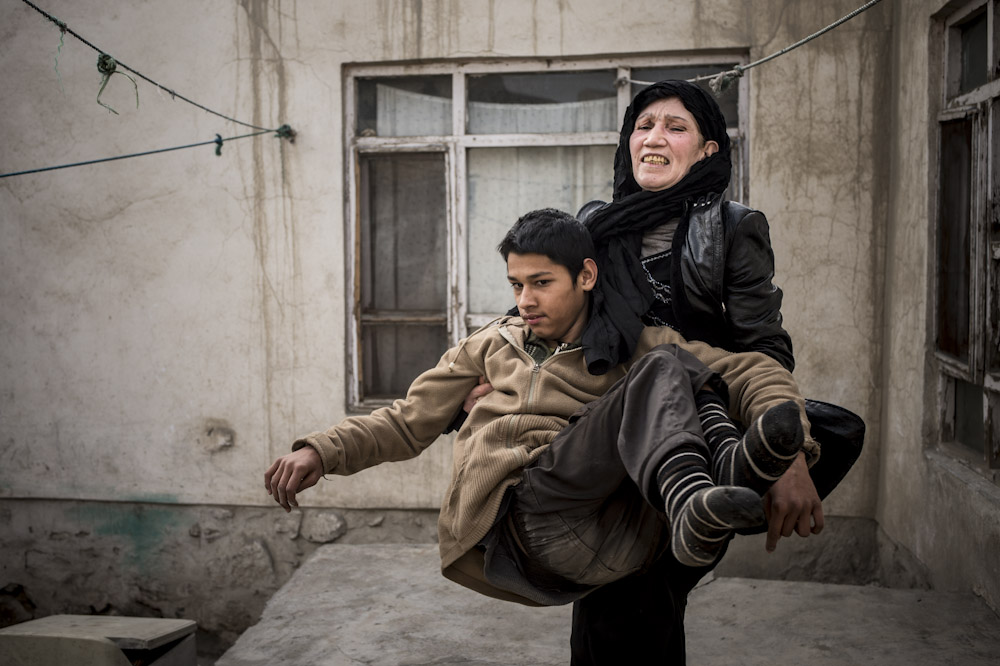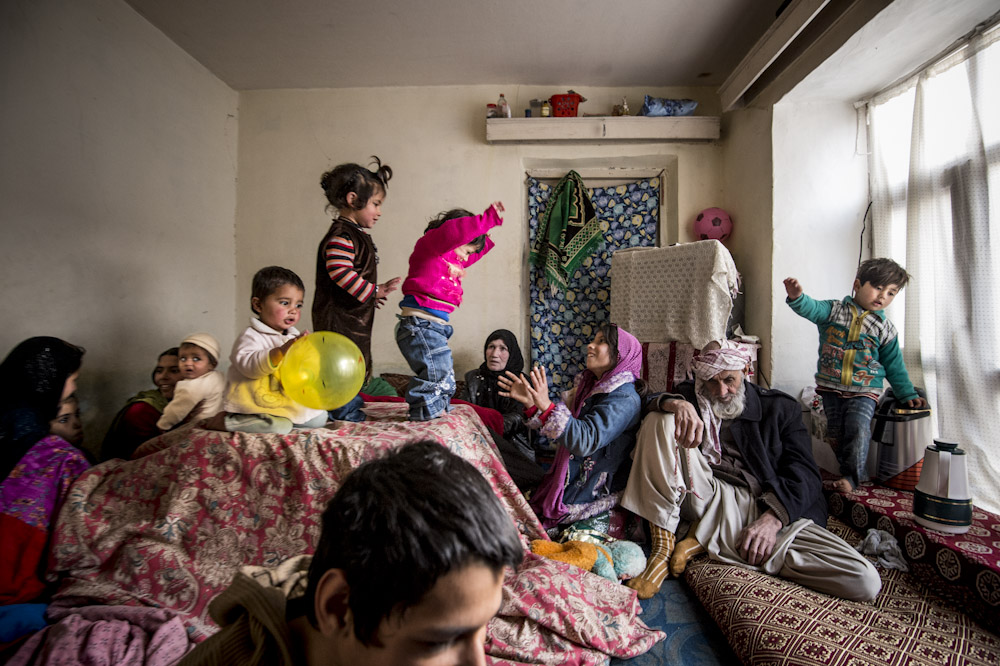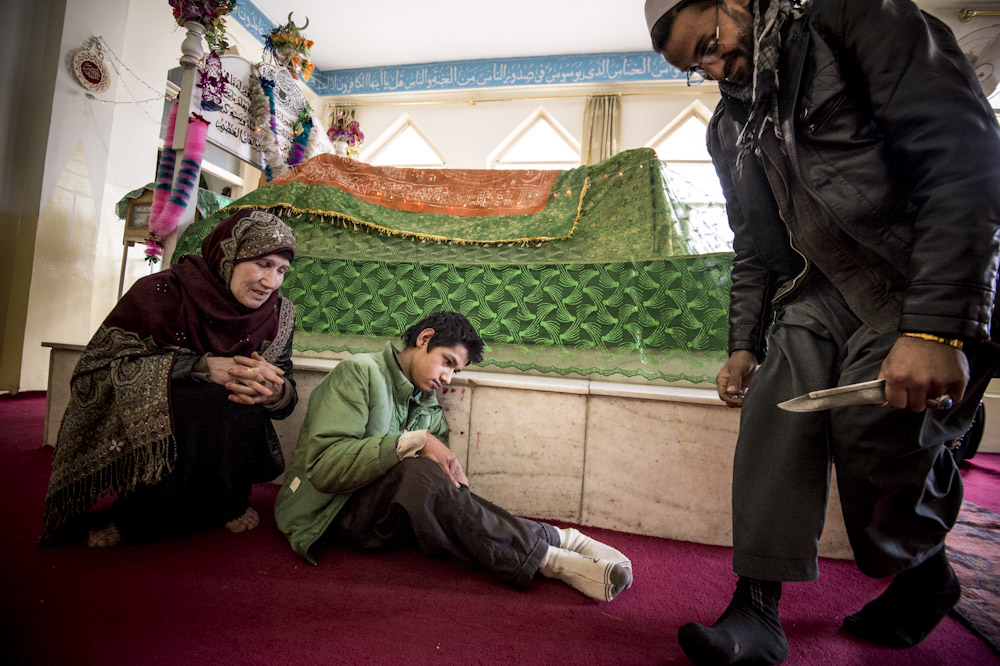Forgotten Afghanistan - Zarghona
War in Afghanistan has now gone beyond its thirtieth year. Many Afghans do not know what it is like to live without the constant threat of the terror of war. There are many layers to the ruin and devastation as seen in the destroyed lives and homes. Thousands of landmines are still scattered across the farmlands, in orchards, and hidden beneath the ground on the rugged mountainsides. There are unexploded bombs in the yards of many homes waiting to claim more victims. Of course, the biggest tragedy is the thousands of lives that have been lost. Forgotten Afghanistan, the project that I have been photographing for the past three years, seeks to tell stories of the continuing suffering of the Afghan people after the bombs and rockets have fallen. These photographs give a clear view into the lives of disabled Afghans. The people that I have photographed and interviewed are disabled victims from the war with the Soviets, 1979-1989, the Civil War, 1992-1996, and the war against the Taliban, 1996-2001. In early February 2013 I met Zarghoma. The first time I saw her she was with her son Barialy, in the center of downtown Kabul begging. In the beginning she was very shy. We, my guide, driver, and myself offered to take her home in old Kabul. It was extremely cold and had been snowing off and on. We had to stop the car about a quarter of a mile from her home. Zarghoma had to carry Barialy all of the way through the slush and patches of ice and snow. Their home was small and very cold but had a very cozy atmosphere. Fatima, the youngest daughter built a small fire to make tea, of course. No matter how rich or poor all Afghans offer a guest tea.
Gloriann Liu has been a photographer for over twenty years. She received her Bachelorâ??s Degree in Art from Wichita State University and subsequently attended the Art Institute of Kansas City. She taught Art and Photography in Kansas City, Missouri for twenty years. Now residing in San Luis Obispo, California, she is applying her efforts toward increasing awareness of social issues facing our global community. To this end, she is working with several nongovernmental organizations with activities in the Middle- East and Central Asia.
